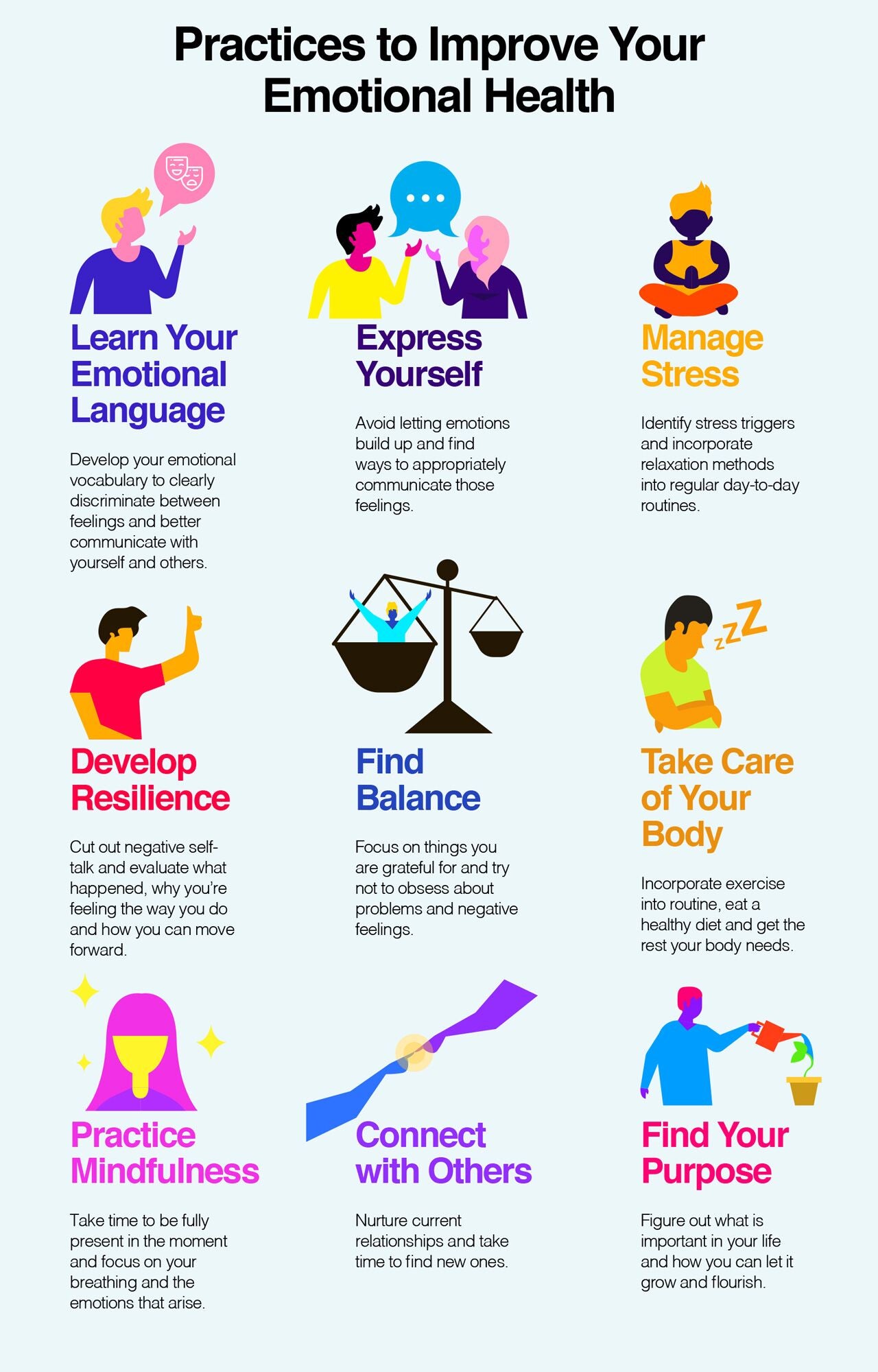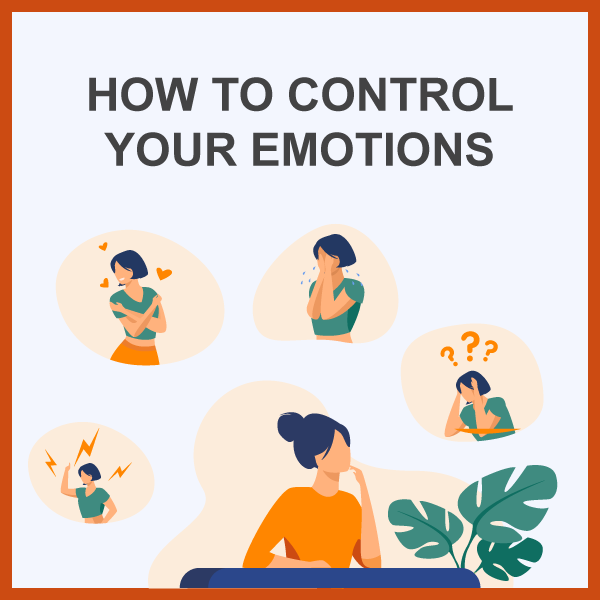How To Handle Your Emotions Better
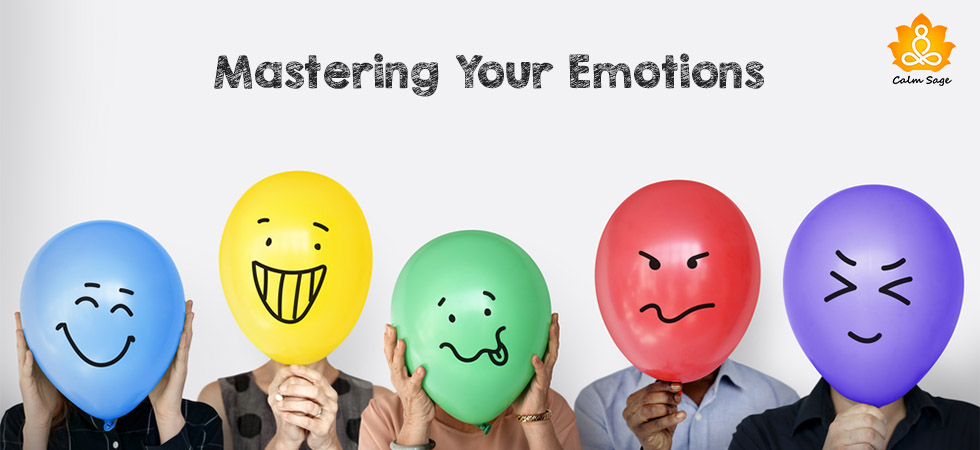
In a world increasingly characterized by rapid change and unprecedented pressures, the ability to effectively manage one's emotions is no longer a mere soft skill, but a critical determinant of mental health, professional success, and overall well-being. From the daily grind of work to the complexities of interpersonal relationships, navigating the emotional landscape with resilience and awareness is essential for a fulfilling life. Failure to do so can lead to chronic stress, anxiety, depression, and even physical ailments.
This article delves into practical, evidence-based strategies for cultivating emotional intelligence and handling emotions in a healthier manner. It draws upon insights from psychology, neuroscience, and organizational behavior to provide actionable advice for individuals seeking to improve their emotional regulation skills. Ultimately, mastering emotional management is not about suppressing feelings, but about understanding, accepting, and channeling them constructively.
Understanding Your Emotional Landscape
The first step towards better emotional management is understanding what triggers your emotional responses. Self-awareness, as defined by the American Psychological Association, is the ability to recognize your own emotions and understand how they affect your thoughts and behavior. Journaling, mindfulness meditation, and even simply taking a few moments each day to reflect on your feelings can significantly enhance this crucial skill.
Consider keeping an emotion log, noting down situations that evoke strong feelings, the specific emotions experienced, and your reactions. Patterns will begin to emerge, revealing your vulnerabilities and emotional "hot buttons." This data can then be used to proactively develop coping mechanisms.
The Role of Mindfulness
Mindfulness, a practice rooted in Buddhist traditions, involves paying attention to the present moment without judgment. Studies have shown that regular mindfulness practice can reduce activity in the amygdala, the brain region responsible for processing fear and anxiety. This, in turn, leads to a greater sense of calm and control.
“Mindfulness is not about emptying your mind, but about becoming aware of your thoughts and feelings without getting carried away by them,” explains Dr. Sarah Jones, a clinical psychologist specializing in anxiety disorders. Begin with short, guided meditations and gradually increase the duration as you become more comfortable.
Developing Effective Coping Strategies
Once you understand your emotional triggers, it's time to develop healthy coping mechanisms. Avoidance, denial, and other maladaptive strategies may provide temporary relief, but they ultimately exacerbate the problem. Instead, focus on techniques that address the root cause of the emotional distress.
Cognitive restructuring, a key component of Cognitive Behavioral Therapy (CBT), involves identifying and challenging negative thought patterns. For example, if you find yourself thinking, "I always fail," question the validity of that thought. Is there evidence to support it? Are there alternative explanations? This process can help you reframe negative experiences in a more realistic and balanced light.
The Power of Social Support
Humans are social creatures, and social support plays a crucial role in emotional well-being. Talking to a trusted friend, family member, or therapist can provide valuable perspective and validation. The simple act of sharing your feelings can be incredibly cathartic.
“Don’t underestimate the power of connection,” advises Dr. Emily Carter, a professor of social psychology at Stanford University. “Having strong social bonds can buffer against stress and improve resilience.” Seek out meaningful connections and cultivate supportive relationships.
Building Emotional Resilience
Emotional resilience is the ability to bounce back from adversity and adapt to change. It's not about avoiding negative emotions altogether, but about developing the skills to navigate them effectively. Building resilience requires a multifaceted approach.
Practicing self-compassion is essential. Treat yourself with the same kindness and understanding that you would offer to a friend who is struggling. Recognize that everyone makes mistakes and experiences setbacks. Don't beat yourself up for being human.
The Importance of Physical Health
Physical health and emotional well-being are inextricably linked. Regular exercise, a healthy diet, and adequate sleep are all crucial for regulating mood and reducing stress. Exercise releases endorphins, which have mood-boosting effects. A balanced diet provides the nutrients your brain needs to function optimally.
According to the World Health Organization (WHO), regular physical activity reduces the risk of depression by up to 30%. Prioritize your physical health, and you'll be better equipped to handle emotional challenges.
Looking Ahead: A Continuous Journey
Mastering emotional management is not a destination, but a continuous journey. Be patient with yourself, and celebrate small victories along the way. Remember that setbacks are inevitable, and that they provide opportunities for growth and learning. Continuously refine your strategies and seek support when needed.
By incorporating these strategies into your daily life, you can cultivate emotional intelligence, build resilience, and ultimately lead a more fulfilling and meaningful life. Embracing emotional awareness and proactive management will yield profound and lasting benefits, allowing you to navigate life's inevitable challenges with greater ease and confidence.
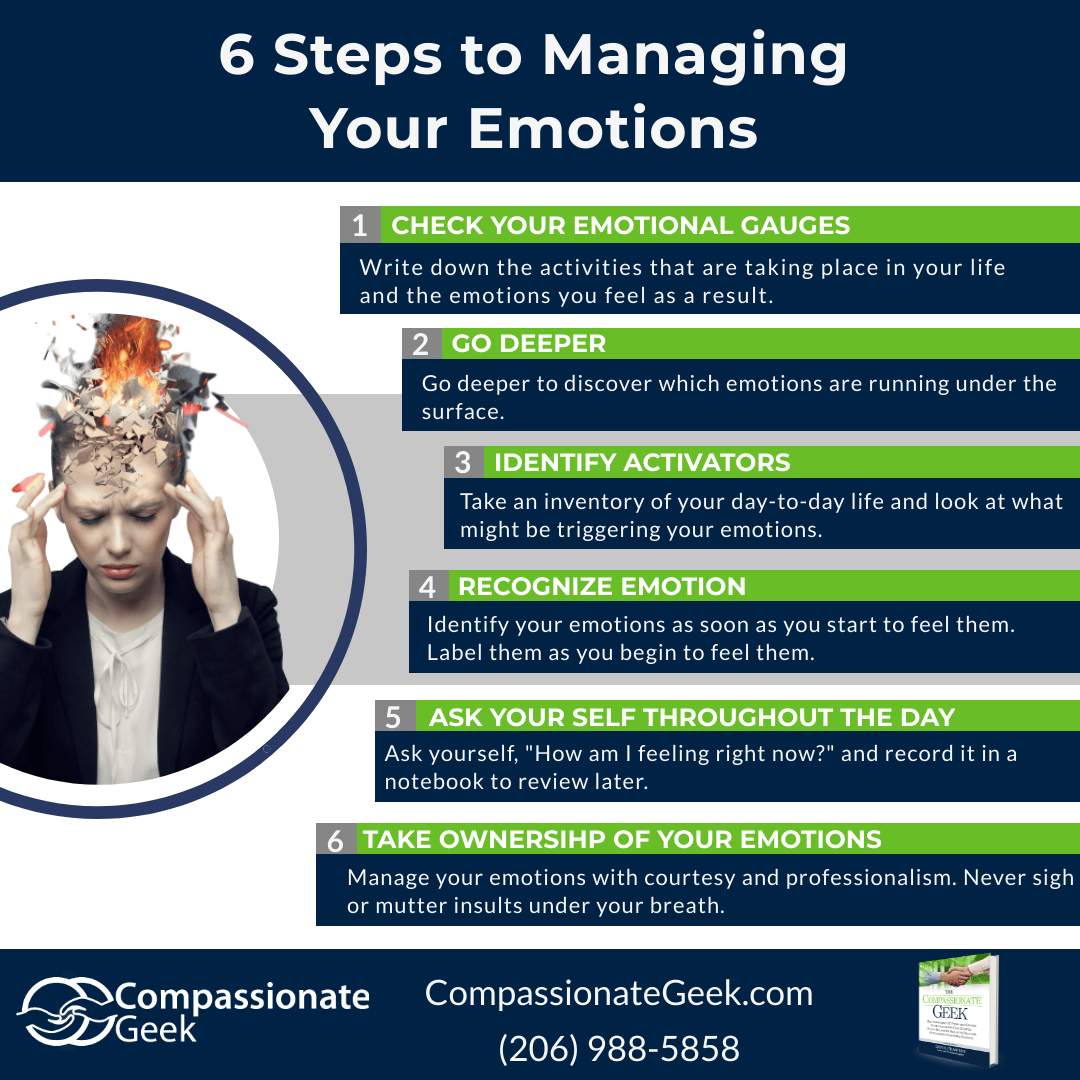




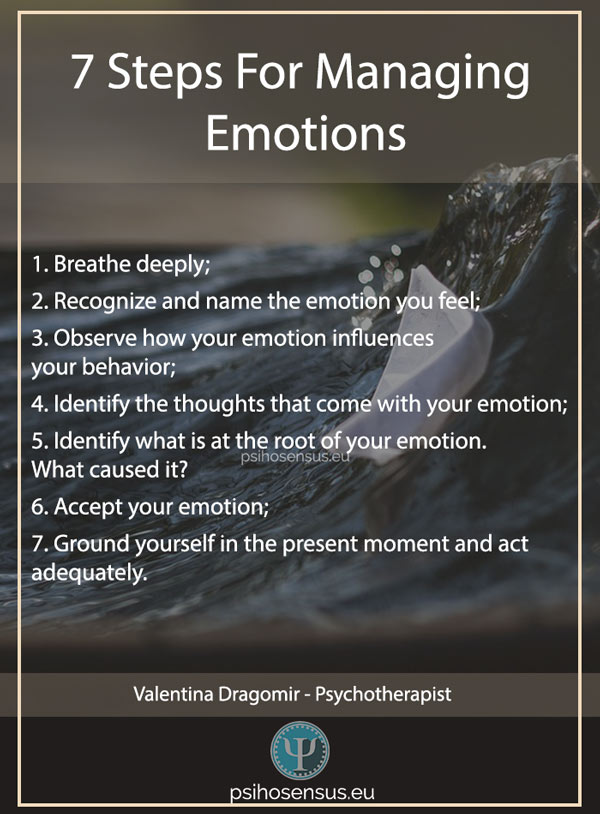


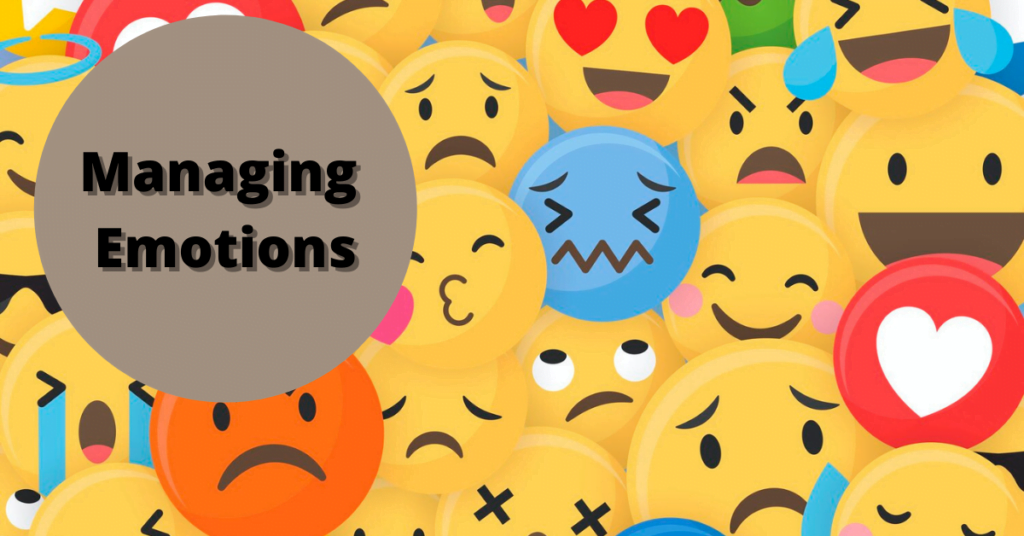


![How To Handle Your Emotions Better 6 Steps To Mastering Your Emotions in 2022 [Infographic] | How to](https://i.pinimg.com/originals/08/c3/fe/08c3fe5b942fd0062c51e947f0b9e002.jpg)
